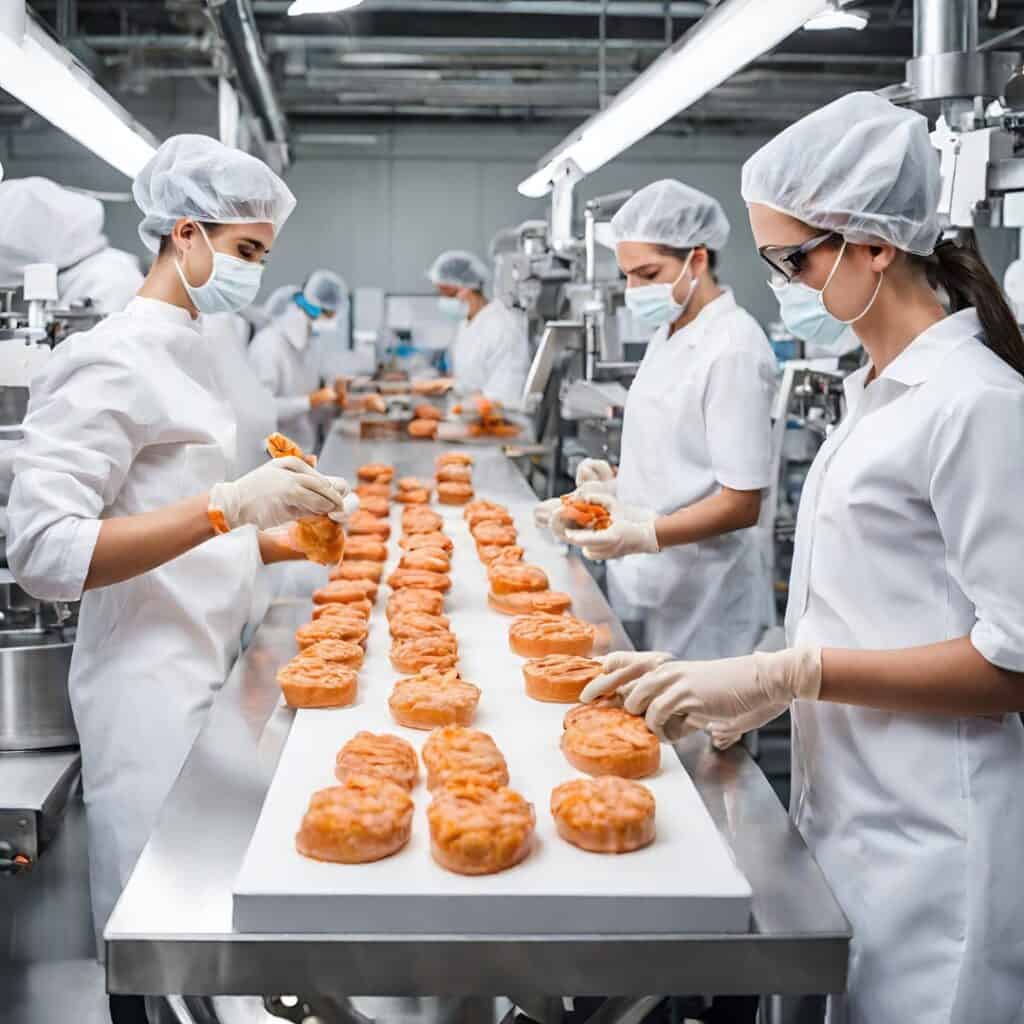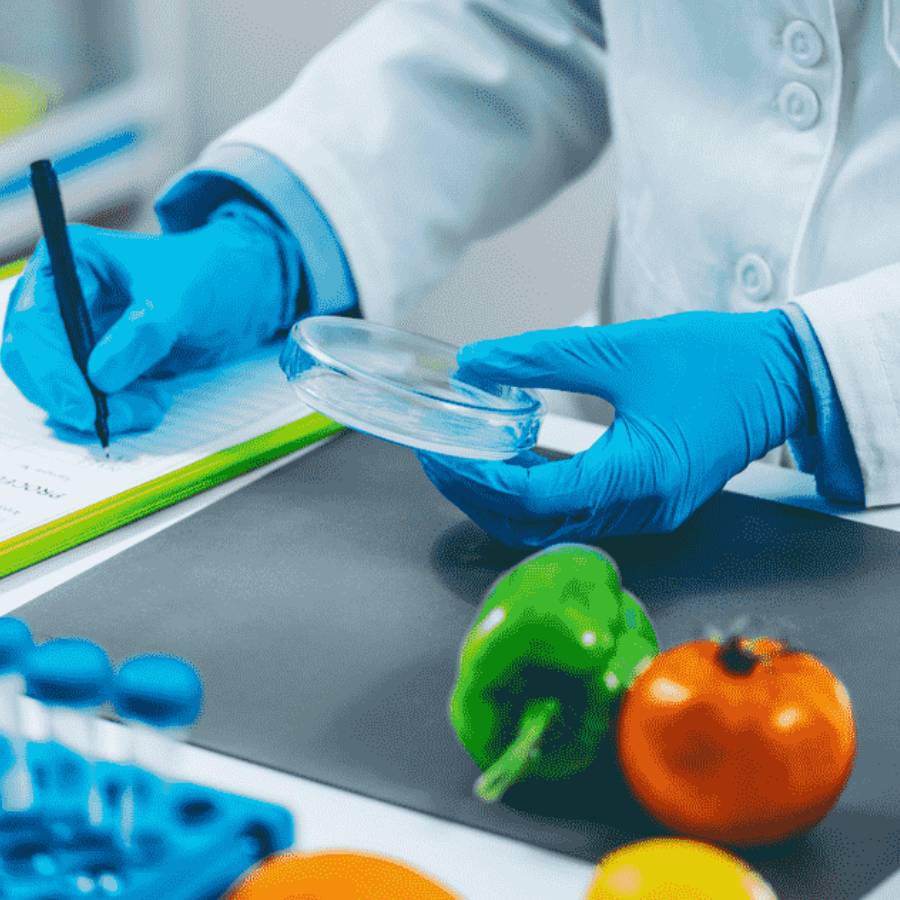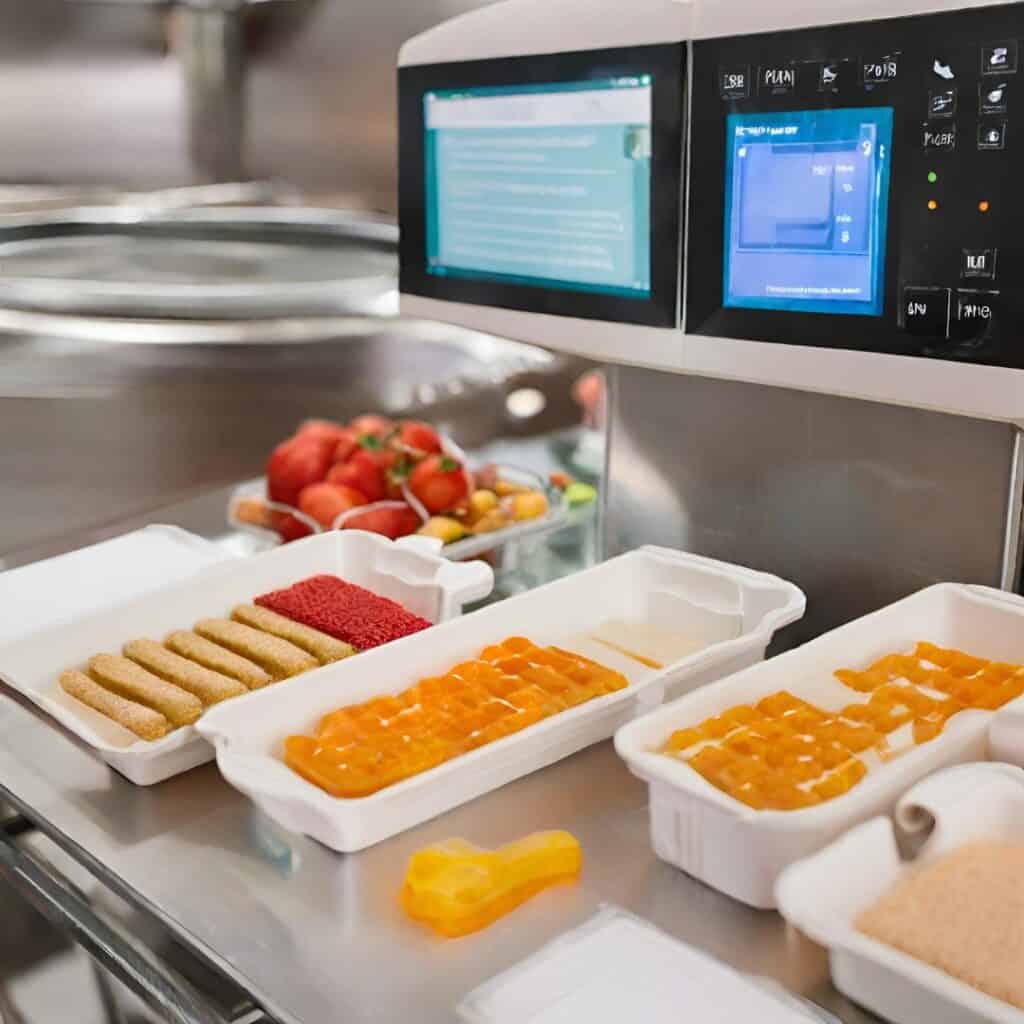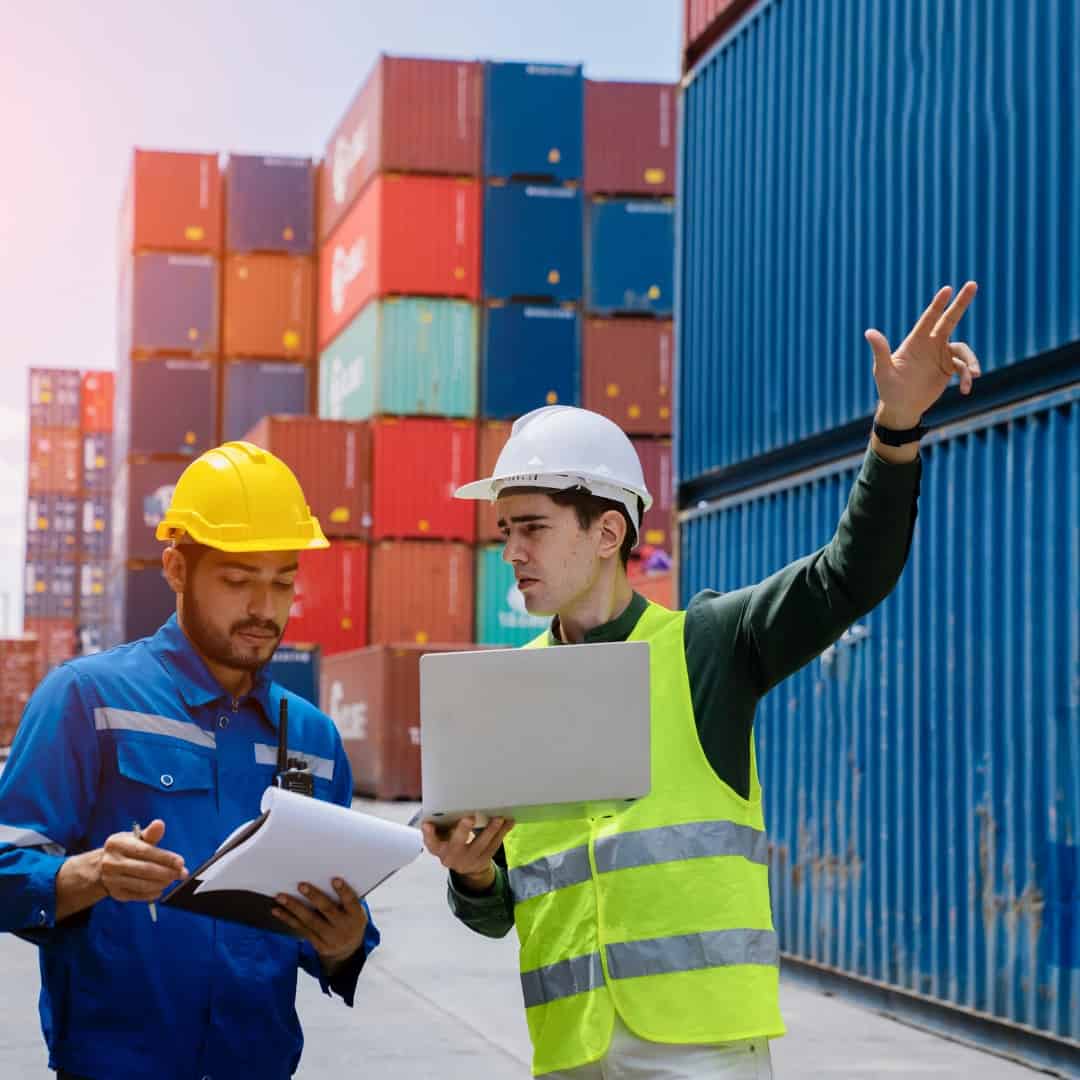
Read the White Paper on Food Safety in E-commerce/Q-commerce
Food Safety Culture
Food safety culture isn’t just about rules and regulations; it’s about creating a positive, shared mindset where everyone takes responsibility for safe food. It requires commitment from top to bottom, ongoing training, and an open environment for communication. The benefits are huge: happy employees, loyal customers, and reduced risk of foodborne illness. Food safety culture is good for business, good for people, and good for peace of mind.
Hear the industry think tank talk about the leverage one can get by fostering a robust Food Safety Culture


Testing, Validation & Verification
In the world of food safety, ensuring safe meals for everyone isn’t just a hope, it’s a science. That’s where testing, validation, and verification come in as a powerful trio. Testing involves analyzing food samples for harmful bacteria, allergens, or chemicals, acting as the frontline defense. Validation delves deeper, scientifically proving that control measures like proper cooking temperatures actually eliminate hazards. Finally, verification continuously checks that all precautions are followed correctly on the production line. Think of it as a three-layer security system, each step vital in guaranteeing food reaches your plate free from harm. Remember, every bite counts, and this scientific trio helps ensure it’s a safe and enjoyable one.
Witness some of exhibits demonstrating some the latest tools and equipments for testing at this Conclave.
Technology for Food Safety
Technology is revolutionizing food safety from farm to fork. Imagine sensors in fields detecting pathogens, smart labels tracking temperature changes during transport, and UV-C light disinfecting processing facilities. These innovations, alongside AI-powered data analysis and blockchain-based traceability systems, are creating a future where foodborne illness becomes a rarity. This not only protects consumers but also saves billions in costs and food waste. While challenges remain, like ensuring affordability and accessibility, the future of food safety is undoubtedly tech-driven and promises a healthier and more secure food system for all.
Join us at the conclave to know more about such initiatives !!


Food Safety in Supply Chain
Food safety in the supply chain is crucial to ensuring that food products are safe for consumption from production to delivery. It involves implementing stringent practices across all stages, including sourcing, transportation, storage, and handling. Temperature control, proper hygiene, and adherence to regulations are essential to prevent contamination, spoilage, and foodborne illnesses. Traceability systems are also vital for tracking food products, ensuring quick responses in case of recalls. Collaboration between suppliers, manufacturers, and retailers is key to maintaining high standards and minimizing risks. A well-managed food safety supply chain builds consumer trust and protects public health.
